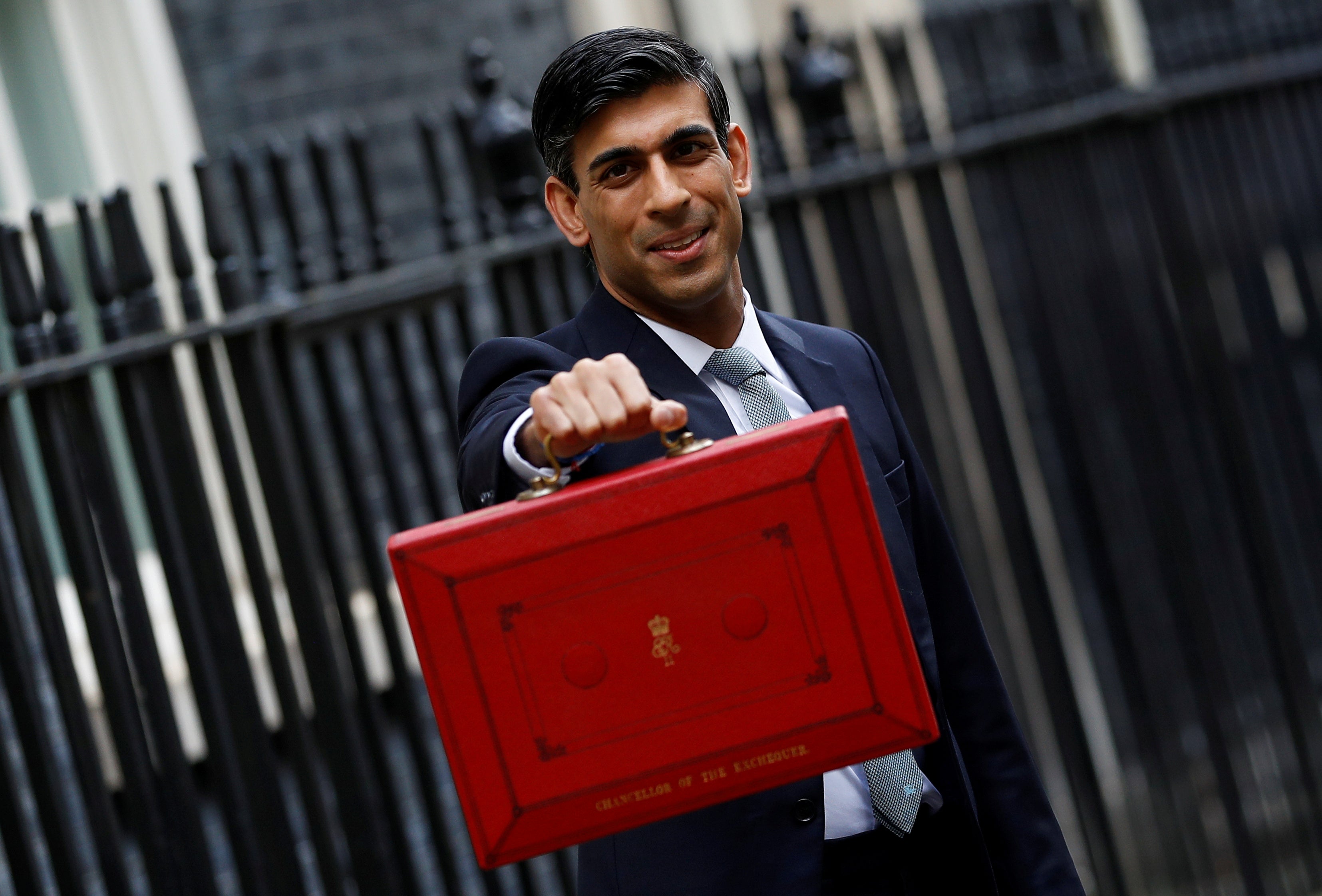The great pre-Budget debate is less of an argument than it appears. Both the Conservative and Labour parties seem divided over the question of raising taxes on company profits, but in fact the dispute is more about timing than the principle.
As our exclusive Savanta ComRes opinion poll today suggests, increasing corporation tax is a popular policy, and there is widespread acceptance that taxes will have to rise. The question, though, is when the rate of corporation tax should go up. Keir Starmer, the Labour leader, and Anneliese Dodds, the shadow chancellor, say they are opposed to an “immediate” rise in corporation tax. We may not know what Rishi Sunak proposes until he delivers his Budget speech on Wednesday, but the speculation is that the chancellor intends to announce rises in corporation tax to come, probably starting next year.
It is possible that Mr Sunak will make a start this year, raising the rate of corporation tax from the current 19 per cent to 20 per cent – and offsetting that small increase with more generous reliefs for businesses suffering from the coronavirus restrictions. If so, that will set up a political battle out of all proportion to the economic significance of the change.
As Ben Chu, our economics editor, writes, the economic arguments are finely balanced. There is a case, on the one hand, for waiting to put up taxes until we know more about the path of the recovery over the rest of this year, after the lockdown is eased. On the other hand, some forecasters, including Andy Haldane, the Bank of England’s chief economist, expect a strong rebound as pent-up demand is suddenly released, in which case it would make sense to start to repair the public finances this year.
It is better to err on the side of growth: to set out the path towards tax rises now, but to wait until next year to start putting them into effect.
That said, the case for tax rises in general, and for higher rates of corporation tax in particular, is overwhelming. The Independent was arguing before the coronavirus struck for a permanently higher level of taxes, tilted towards those on higher incomes and owning more expensive properties but shared broadly across the population, to pay for the level of public services that people expect. We favoured ambitious capital investment, especially in the greening of our economy, paid for by borrowing at low interest rates, but thought it right to keep the current deficit below the trend growth rate of the economy.
Those objectives remain, but the coronavirus recession has pushed the timetable for achieving sustainable public finances some way into the future. The priority for the short term is to get the economy growing again.
When we move to the phase when taxes can safely be raised, however, corporation tax is an obvious early target. George Osborne’s dream of an ultra-low corporate tax regime was never realistic in an advanced liberal democracy that expects to pay for high-quality public services. Given that taxes have to come from somewhere, a tax on company profits is relatively painless and – as our poll suggests – electorally palatable.
Mr Sunak is right to say that the government needs to “level with people”. The government can and should spend beyond its means in a time of crisis – especially at a time of low or even negative real interest rates. But it cannot carry on doing so for long. The chancellor is right to warn that interest rates may not stay at their current level, and the public finances need to be in a state to survive a rise.
If the economy does recover quickly this year, some sectors are likely to benefit more than others. A profits tax is a fair way of sharing some of the proceeds of growth, but we would rather see that growth firmly established before the government starts to bear down on it.




Join our commenting forum
Join thought-provoking conversations, follow other Independent readers and see their replies
Comments